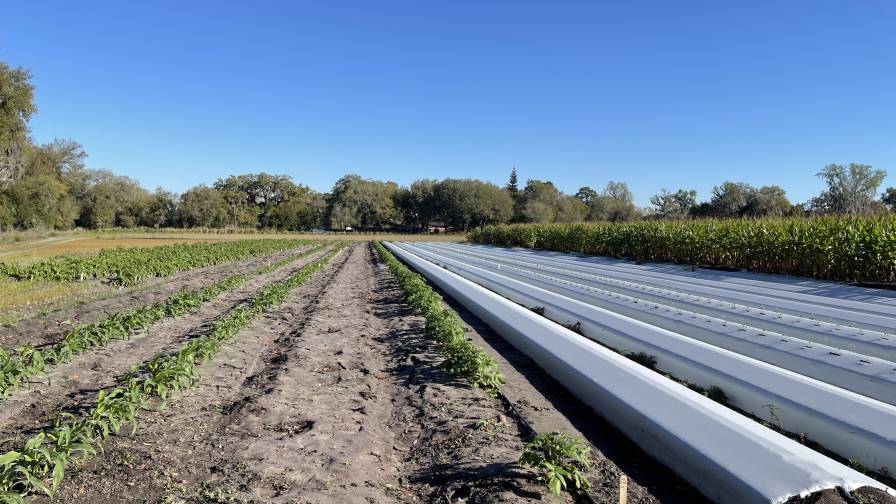Ag Groups Weigh In On Supreme Court Case For Biotech Alfalfa
The U.S. Supreme Court will decide whether a lower court acted hastily and incorrectly by banning the cultivation of biotech alfalfa despite extensive scientific evidence documenting the safety of the crop. A coalition of agricultural organizations filed on March 8 a joint friend-of-the-court brief to the Supreme Court in support of the petitioners in “Monsanto Co. v. Geertson Seed Farms.”
The brief was submitted by the American Farm Bureau Federation, Biotechnology Industry Organization, American Seed Trade Association, American Soybean Association, National Alfalfa and Forage Alliance, National Association of Wheat Growers, National Cotton Council, and National Potato Council.
The groups urge that the lower courts’ decision to approve an injunction without adequately hearing the key evidence must be reversed “to protect the farmers who choose to grow genetically-engineered crops, as well as the public benefits that agricultural biotechnology brings to producers and consumers around the world.”
In the lower court case, environmental groups and individual organic alfalfa farmers sued the USDA, claiming that USDA’s decision to grant deregulated status to glyphosate-tolerant (or Roundup Ready) alfalfa violated the National Environmental Policy Act.
The courts in the Ninth Circuit determined that USDA should have done an environmental impact statement (EIS) before it decided to deregulate, and the court ultimately enjoined almost all planting and sale of Roundup Ready alfalfa pending the issuance of the EIS.
The lower court’s injunction against biotech alfalfa, however, was made without the court conducting a thorough review of evidence that precluded a finding of irreparable harm, according to the brief. In addition, the brief explains that the lower courts failed to consider the public benefits of agricultural biotechnology, which already is adopted widely in the U.S. for a number of key crops such as corn, soybeans, cotton, sugar beets, and papaya.
In 2005, USDA’S Animal and Plant Health Inspection Service (APHIS) concluded that there is no significant impact on the human environment due to granting nonregulated status to Roundup Ready alfalfa. Following the lower court’s ruling, APHIS completed a 1,400-page document as its draft EIS, and again has recommended that Roundup Ready alfalfa be deregulated and that farmers be allowed to grow it.
This is an important case because it will be the first time the high court has weighed in on the risks of genetically engineered crops. Of the more than 10,000 cases appealed to the Supreme Court each year, only about 1 percent is accepted for review on the merits and oral arguments. This matter is scheduled for oral argument on April 27. A decision is expected from the Court by June.






